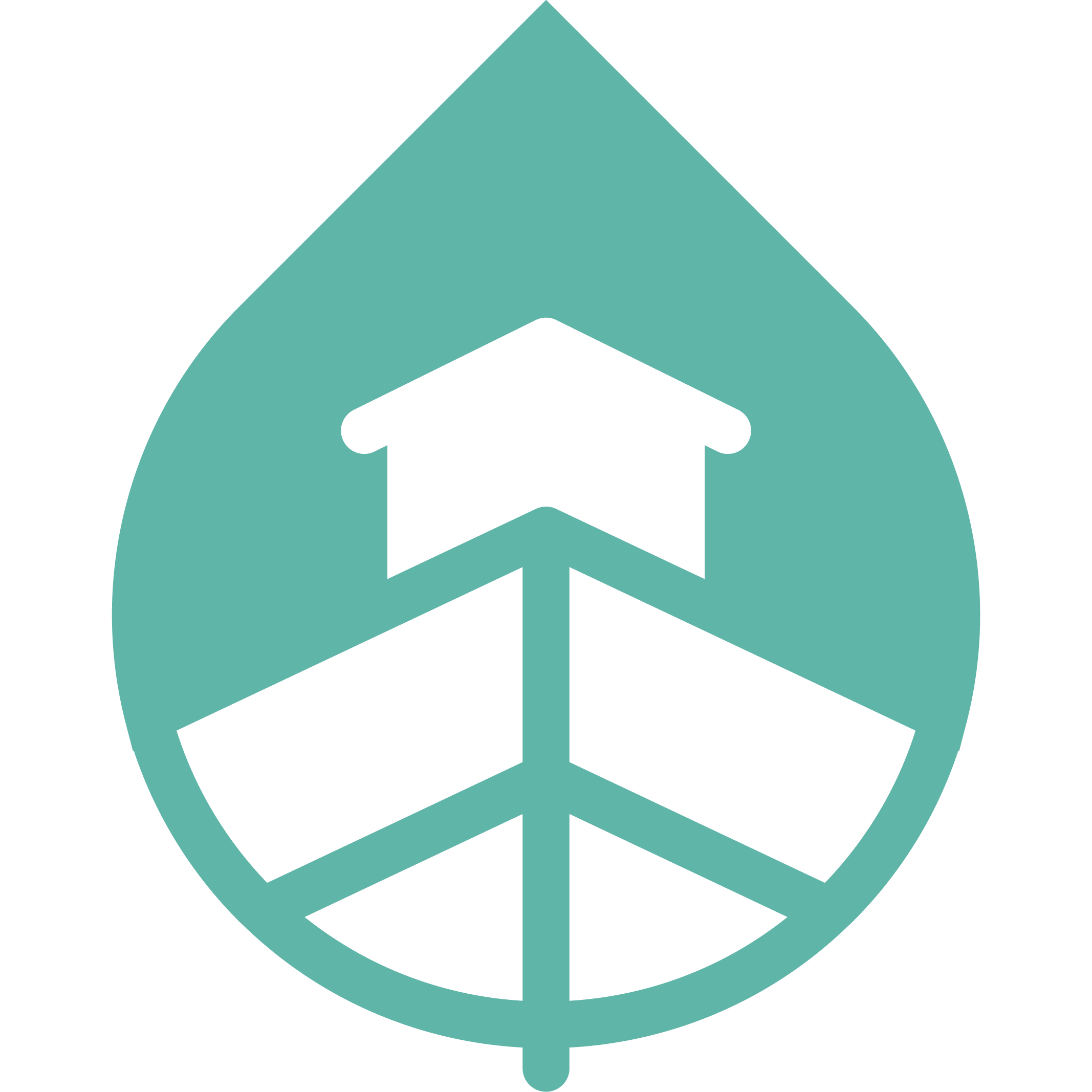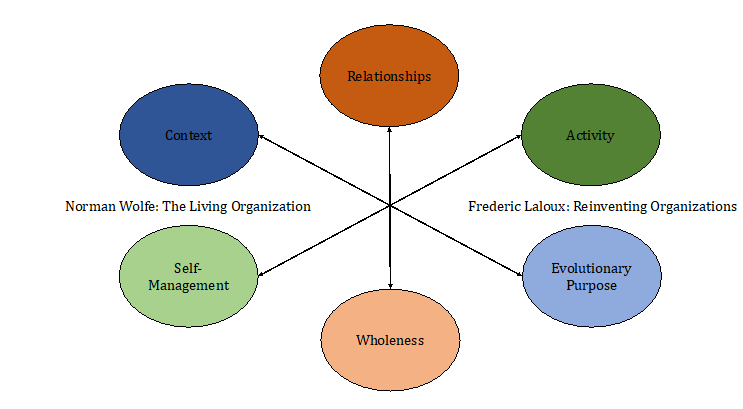CODE OF CONDUCT
This document establishes the Green Steps ARK as an organ of society which fulfills itself through the contribution it makes to the outside environment in which it has a meaningful role to play. It provides a vision for a safe and productive workplace and gives learners and pro users the vocabulary to discuss healthy relationships. It draws a line between recommended and unacceptable behavior.
This document has been written under the premise that organizations have the power to let the light of its members shine or drive them into their own shadow. We are increasingly disillusioned by organizational life. For people who toil away at the bottom of pyramids, surveys consistently report that work is more often than not dread and drudgery, not passion or purpose. That the Dilbert cartoons could become cultural icons says much about the extent to which organizations can make work miserable and pointless.

"We believe that this is the true genius of organizations:
they can lift groups of people to punch above their weight,
to achieve outcomes they could not have achieved on their own."

This document is designed to support you to drive yourself and humanity to the next stage of evolution. It is structured in three parts:
- Basic assumptions: define our attitude towards others and our outlook on life and business.
- Guiding principles: help us to understand which goals, values and objectives drive our organization.
- Ground rules: take our values to the next level and put unacceptable and desired behavior into words.
Part 1. Basic Assumptions
- People are essentially good unless proven otherwise.
- There is no single way to manage corporate issues well.
- It is our state of mind which shapes the world we live in.
- It is the organizational structure we are part of which shapes our mind.
- A teacher has to visualize a child who is not yet there and must have faith in the child who will reveal herself through work.
- It is the context in which Green Steps ARK operates which defines relationships and activities.

Part 2. Guiding Principles
- What is Management?
To be sure, the fundamental task of management remains the same: to make people capable of joint performance through common goals, common values, the right structures, and the training and development they need to perform and to respond to change.
Every organisation requires commitment to common goals and shared values. Without such commitment there is no organisation; there is only a mob. The organisation must have simple, clear and unifying objectives. The mission of the organization has to be clear enough and big enough to provide common vision. The goals that embody it have to be clear, public, and constantly reaffirmed. Management’s first job is to think through, set and exemplify those objectives, values and goals. Every organisation is a learning and teaching institution and its management team’s first responsibility is to model objectives, values and goals.
Goals of the Green Steps Code of Conduct
- What Is Management in the Anthropocene?
Helping people with different skills and knowledge develop the capability to respond to climate change by
- Setting our own and our children’s survival, i.e. our species’ survival as our common goal → Goal of continuity
- Understanding planet Earth as a global ecosystem, our collective home, without which we can’t survive → Goal of connectedness
- Organizing ourselves in structures which serve this common goal best; in particular, the structures of our economic and educational systems → Goal of cooperation
- Equipping all human beings with the skills and competencies which are most conducive to reaching our goal → Goal of development
Management’s social function is in this sense securing survival.
Values of the Green Steps Ark Code of Conduct
- Management and Entrepreneurship
Not innovating is the single largest reason for the decline of existing organizations. Not knowing how to manage is the single largest reason for the failure of new ventures. In fact, social innovation may be of greater importance and have much greater impact than any scientific or technical invention → Value of innovation
- Focus on Contribution
Contribution happens when people are engaged and fulfilled in their tasks. The effective person focuses on contribution. They look up from this work and outward towards goals. They ask, “What can I contribute that will significantly affect the performance and the results of the institution I serve?” Their stress is on responsibility.
The focus on contribution is the key to effectiveness: in one’s own work (its content, its level, its standards, and its impacts) in one’s relations with others, with superiors, associates, subordinates, and in the use of the tools such as meetings and reports.
The great majority of people tend to focus downward. They are occupied with efforts rather than with results. They worry about what the organization and their superiors “owe” them and should do for them. And they are conscious above all of the authority they “should have.” As a result, they render themselves ineffectual.
Someone who focuses on efforts and stresses his downward authority is a subordinate, no matter how exalted their title and rank. But someone who focuses on contribution and takes responsibility for results, no matter how junior, is in the most literal sense of the phrase, “top management.” She holds herself accountable for the performance of the whole. That is the planet.
The human who asks themselves, “What is the most important contribution I can make to the performance of this organization?” asks in effect, “What self-development do I need? What knowledge and skill do I have to acquire to make the contribution I should be making? What strengths do I have to put to work? What standards do I have to set for myself?” → Value of contribution
Objectives of the Green Steps ARK Code of Conduct:
- Communication
A communication culture that empowers collaboration and strengthens relationships between its members is fundamental for the development of a healthy workplace and should follow the principles of:
- Respect: each individual deserves to be accepted in her or his uniqueness.
- Does it promote diversity?
- Good will: a mutual intention of engagement to achieve beneficial goals for the planet and people. And the company should guide every interaction of its members.
- Is it going to generate a positive outcome?
- Mutual benefit: the outcome of its members’ interaction should aim for a reciprocal gain between them and for the company.
- Will all the parties receive a positive result out of this interaction?
- Sincerity: focusing statements on facts and expressing one’s own feelings as opinions should guide discussions towards each member expressing reasonable requests.
- Am I being honest?
- Transparency: alignment between members relies on their ability to understand each other’s line of thought. The sharing of ideas, concerns, and doubts should guide us towards an understanding of each other.
- Am I disclosing all information needed to serve our cause?
→ Objective of Good Communication
- Profitability
An institution exists for a specific purpose and mission; it has a specific social function. In the nonprofit organisation, this function entails an economic performance, which allows continuous mission delivery and decent salaries for contributing team members. Profit planning is therefore necessary. But it is planning for a needed minimum profitability rather than for that meaningless shibboleth “profit maximization” which we know from unrestrained capitalism → Objective of minimum profitability
- Product Design
There are few things less productive than an engineering department that rapidly churns out beautiful blueprints for the wrong product. Working on the right things is what makes knowledge work effective. This cannot be measured by any of the yardsticks for manual work. → Objective of efficiency
- Human Resource Management
Knowledge workers cannot be supervised closely or in detail. They can only be helped. But they must direct themselves, and they must do so while bearing in mind their performance and contribution, that is towards effectiveness. Freedom and accountability are two sides of the same coin. → Objective of self-management - Hierarchies and Roles
We believe in heterarchy, not in hierarchy. We believe in actualizations hierarchies not in domination hierarchies. We use job titles to communicate with the outside world, but understand our internal roles to be transient and dynamic.
- Decision Making
Nobody is as smart as everybody. Therefore, all decisions are made with the advice process. The advice process creates humility, community, learning experiences, better decisions and fun. The advice process transcends the need for consensus by giving everyone affected a voice (the appropriate voice, not the equal voice), but not the power to block progress. Consensus dilutes responsibility, because often nobody feels responsible for the final decision. Consensus drains energy out of organizations, while the advice process boosts motivation and initiative.
- Vision
We envision a world in which people are in balance with nature and perceive Mother Earth as our common home. We believe in the healing power of nature and understand that by caring for the planet we care for ourselves. → Objective of turning vision into a reality
- Mission
We connect people, in particular children, with nature, because we believe that only when we learn to love nature, we are able to protect our common home. By connecting people with nature, we also reconnect them with themselves and with each other.
- Strategy
We want to create impact which goes beyond our own small community, because we know that this is not enough at this crucial junction of human evolution. We have therefore put the empowerment of adults to guide children into nature at the center of our activities, and have designed a framework incorporating appropriate technology to motivate the young and the old to improve their relationship with nature.
- Success
for success, like happiness, cannot be pursued; it must ensue, as personal dedication to a cause greater than oneself or as the by-product of one’s surrender to a person other than oneself. Happiness must happen, and the same holds for success: you have to let it happen by not caring about it. → Objective of contribution (see Part 1.4.)
Part 3. Ground Rules
- We separate our own need to be right in order to hear and respect others’ realities and perspectives.
- We differentiate between thoughts (what’s going on inside your head) and behaviors (what you do or say).
- We refrain from multitasking because it is scientifically proven to cause negative outcomes for involved parties.
- We respect our colleagues, clients and suppliers; we give full attention to the people we engage with.
- We don’t use demeaning speech or behavior to undermine a person’s self-esteem.
- We don’t abuse organizational resources and put the mission of the Green Steps ARK at the center of our activities to the extent our general situation allows.
For more information on TEAL organizations and their practices consult the dedicated wiki project: https://reinventingorganizationswiki.com/